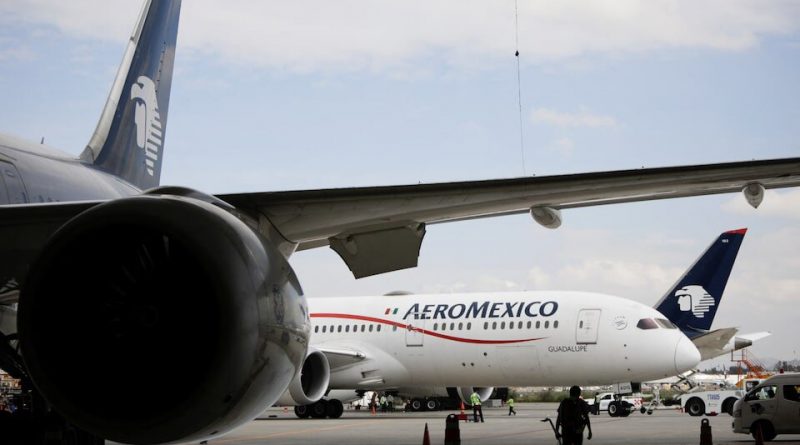Delta and Aeromexico Strengthen Partnership as They Challenge Order to End Joint Venture
Delta Air Lines and Aeromexico have joined forces to defend their long-standing partnership, appealing a U.S. order that could end their successful joint venture.
The two airlines emphasize the alliance’s role in enhancing connectivity, affordability, and cross-border cooperation between the U.S. and Mexico.
In a strong show of unity, Delta Air Lines and Aeromexico have come together to defend their nearly decade-long partnership that has reshaped travel between the United States and Mexico.
The two carriers have appealed to a U.S. court to halt a government directive requiring them to dissolve their joint venture, a decision that could disrupt one of the most successful collaborations in North American aviation.
Since its formation, the Delta–Aeromexico alliance has enhanced air travel by optimizing routes, aligning schedules, and offering more competitive fares.
Passengers traveling between major hubs such as Atlanta, Mexico City, Los Angeles, and Monterrey have benefited from seamless connectivity and improved flight options.
The collaboration has been praised for expanding both business and leisure travel opportunities while promoting cultural and economic ties.
The U.S. Department of Transportation’s recent directive to end the alliance by January 1 has raised concerns within the aviation industry. The department cited competition issues, but both airlines argue the joint venture has done the opposite—encouraging fair competition and delivering greater value to passengers through efficiency and accessibility.
Delta and Aeromexico warn that ending the partnership could lead to major disruptions. Delta has already canceled a few U.S.-Mexico flights, and both carriers fear more cancellations if the order takes effect.
Aeromexico, meanwhile, faces the costly task of restructuring its operations, hiring new staff, and separating its digital systems to meet regulatory demands.
Despite the uncertainty, the airlines stand firm that their alliance benefits the traveling public. The partnership allows them to share resources, reduce costs, and increase flight frequency while maintaining affordability.
Together, they manage around 60% of passenger traffic from Mexico City to the U.S.—a level that reflects service efficiency, not monopolization.
With American Airlines holding a comparable share, the airlines insist that competition remains balanced and healthy.
Delta has described the DOT’s order as “unrealistic and unfounded,” stating that it applies stricter standards than those used for other alliances like United and All Nippon Airways.
The carrier argues that the partnership has generated substantial consumer benefits, including up to $800 million in annual savings through lower fares and better scheduling.
Aeromexico echoes this sentiment, highlighting the operational synergy that has improved passenger satisfaction and streamlined international services.
The airline believes that dismantling the joint venture would not only harm both carriers but also reduce choice and convenience for millions of travelers.
As they await the court’s ruling, Delta and Aeromexico continue to demonstrate resilience and cooperation. Their shared commitment to innovation and customer service remains unwavering, and both carriers express optimism about maintaining a strong partnership that supports regional connectivity and growth.
The outcome of this case could have lasting implications for international airline alliances. For now, Delta and Aeromexico’s united front stands as a testament to their vision for accessible, competitive, and efficient air travel connecting communities across North America.



